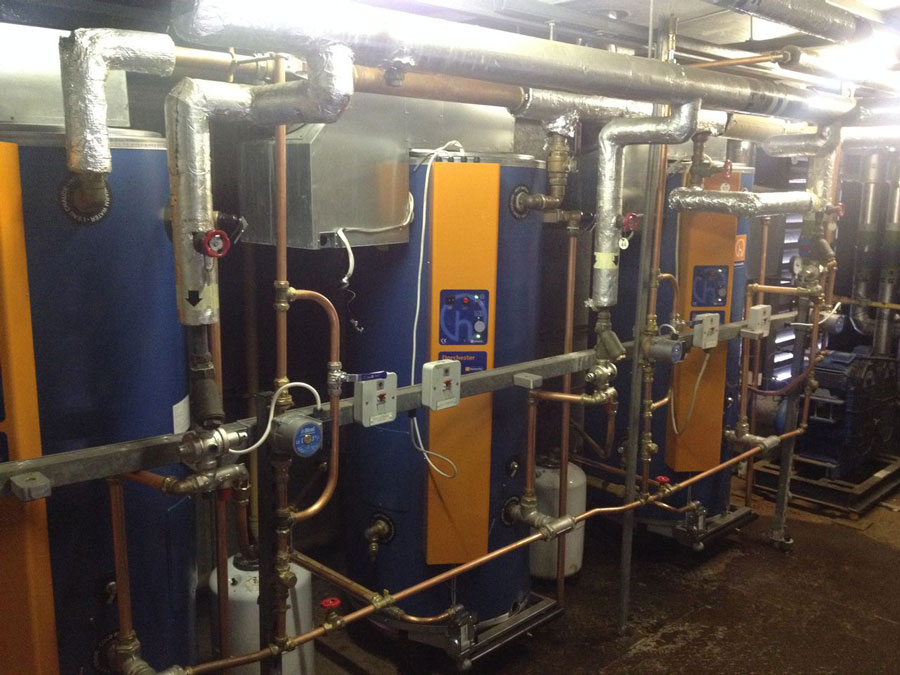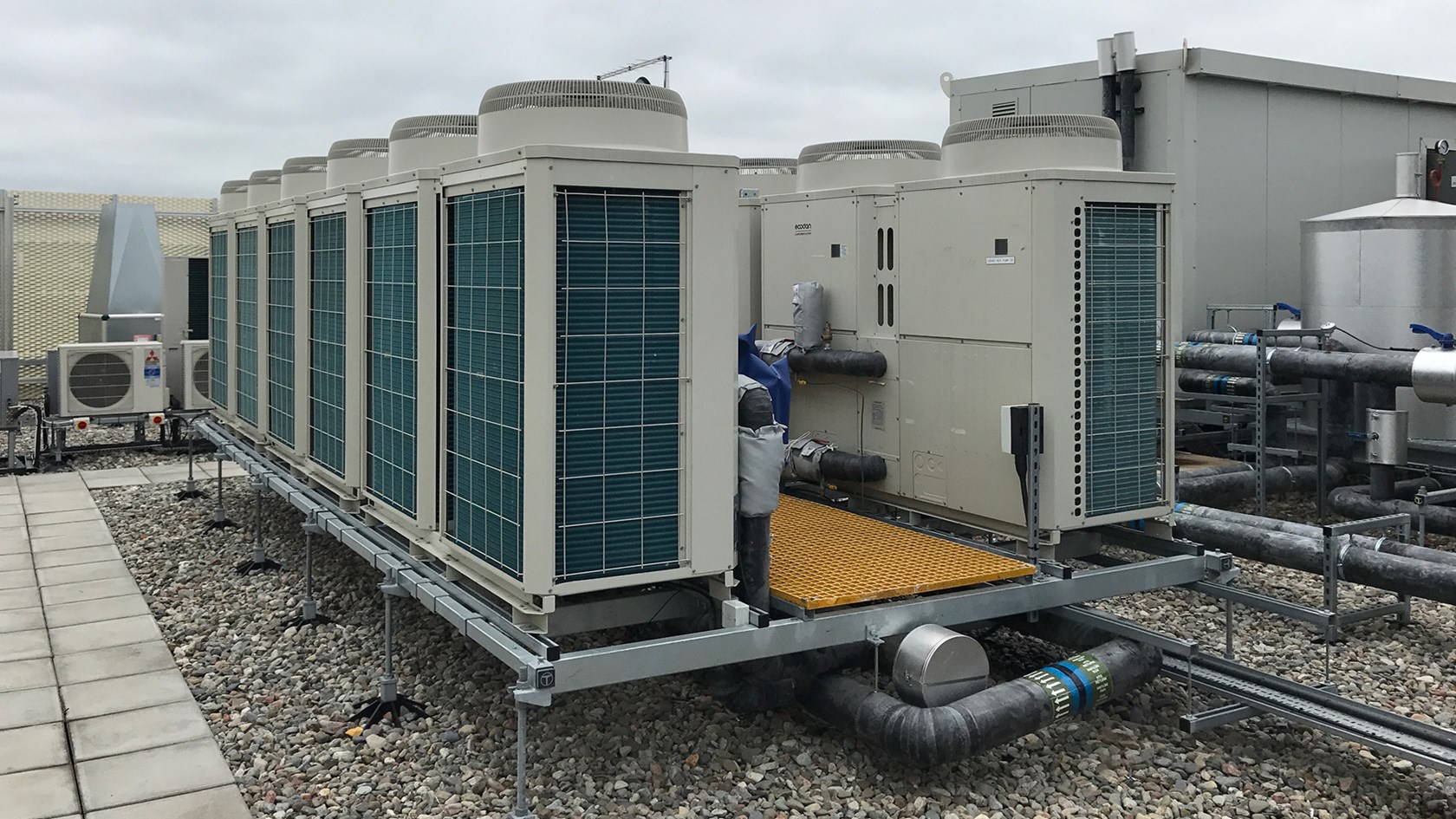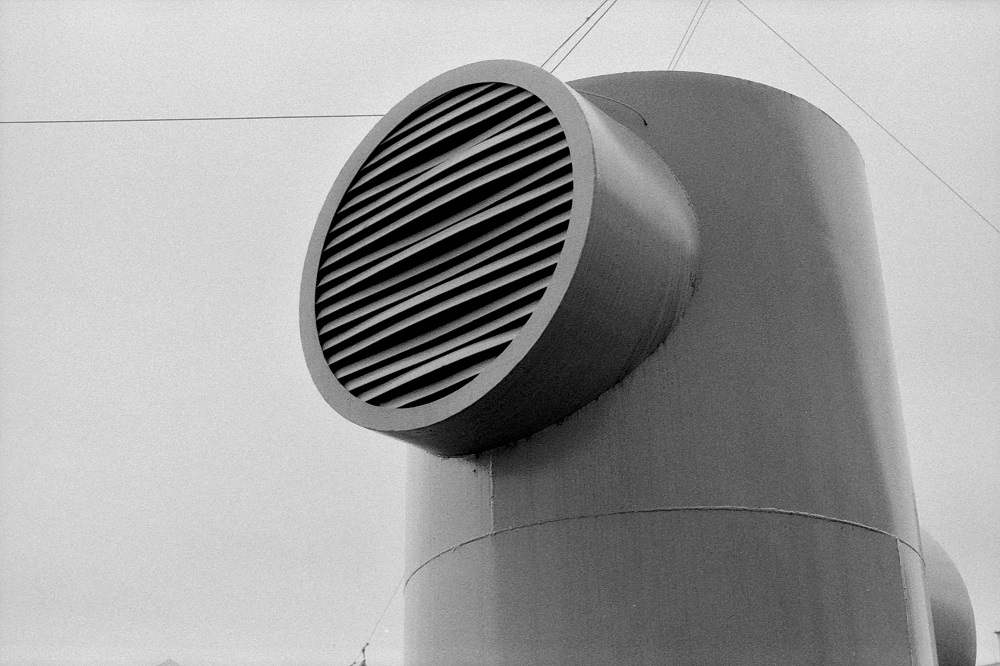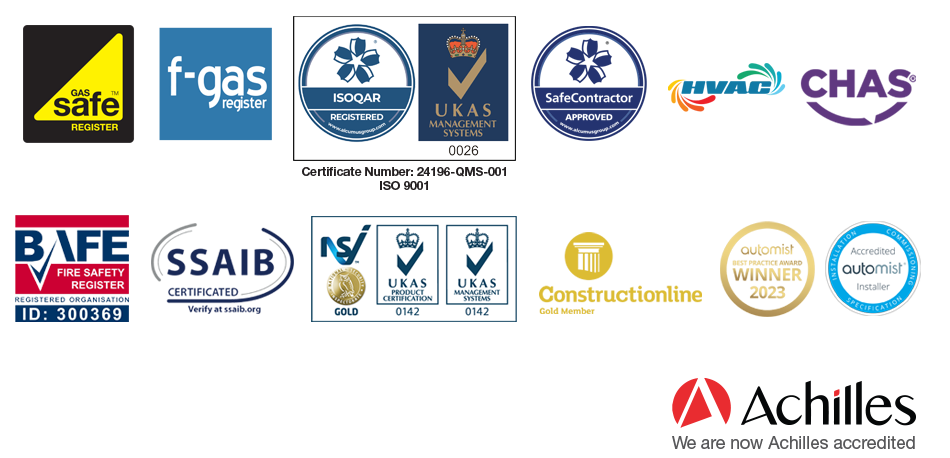If you are looking for a new heating system for your commercial property, you might be tempted to just replace what you have with a newer model. But what if we told you that you don’t have to use a boiler-based heating system? That boilers aren’t the only way to generate heat and hot water in your properties? And that, in fact, they are probably costing you a lot more money, time and energy than you realise?
Your alternative? Heat pumps. Heat pumps have been around since the 1940s, but only relatively recently have they become a common products for wider commercial use. They are much more modern than traditional boiler installations, and give property managers a lot of advantages when it comes to efficiency, performance and cost. And with the energy market behaving the way it is right now, property managers are on the lookout for cheaper and more efficient ways to heat their properties! So before you go with what you’ve always used, ask yourself, would a heat pump or a boiler be the better option for me?

Boilers
Boilers are the default choice for many property managers, because they are a known and well tested entity. Pretty much all modern properties both residential and commercial are built with a boiler heating system in mind, which means it’s much more convenient to install and run. A simple sealed chamber device, boilers use a coolant (usually a water-based solution or steam) heated to a certain temperature to generate heat and hot water. There are a few different types of boiler available depending on your property and preferences, but the most common types are:
- Gas
- Biomass
- Condensing
- Combi
- Electric
- Wood pellet
The most common options by far for commercial properties are gas and electric.
Pros: Boilers are well known for their quick startup speeds, so you will get from cold to warm in a much quicker time than a heat pump. While boilers do take up space, you can get compact boiler units that can take up less space than some heat pumps. They are also more heavily regulated, with strict standard design and testing codes to follow to ensure safety in operation.
Cons: Boilers of any type are not very energy efficient, with an average efficiency rating of 85%. They also produce large amounts of CO2 while they run – the average gas boiler will produce 4500 kWh of CO2 per year, making it one of the least environmentally friendly options. They are also much more expensive to run, which means you will end up spending more in the long run.
 Heat Pumps
Heat Pumps
Compared to a boiler, a heat pump is a more complicated device, but the ultimate goal is more or less the same – generating heat for your property. Heat pumps work by absorbing and transferring thermal energy from a low-grade source to a heating element (the pump’s coolant) with a higher temperature, before dispersing it through the system. You can get different types of heat pump depending on which source you want to use, but the main types are:
- Air source
- Ground source
- Water source
- Air to water
Most of these pumps will use a liquid refrigerant as coolant, and this is used to pump into their underground pipes or external fan cover tubes, which absorbs the heat and passes it through a compressor, which heats it further before moving it through the heating and hot water elements of the property. This method is more complex, but because it relies on natural sources rather than gas it is often much more efficient.
Pros: Heat pumps are far more modern in terms of design, which means they are more naturally suited to energy saving and effectiveness. A heat pump is around 400% more energy efficient than a gas boiler – no matter which type of pump you choose. You can also connect a heat pump to solar panels if you have them installed, saving you even more money. They are also much more environmentally friendly, producing around 2,200 kWh of CO2 emissions per year. Heat pumps will also last between 14 and 15 years, meaning they are likely to last longer than a boiler would if properly maintained.
Cons: The biggest downside to a heat pump is that it requires a compressor to run, and this can be quite noisy. If you have a dedicated plant room away from your main property space then this isn’t an issue, but if you need to run the equipment around tenants then it could cause noise problems. Because heat pumps are more modern it also means that not all properties are suitable for them, so if you want to install a heat pump you will need a survey and potentially even a full heating system refurb, which can be expensive.
So if you want the most for your money, a heat pump is your best bet. Heat pumps come out on top for CO2 emissions, energy efficiency and reliability – all of which are incredibly important in a commercial property. And with the government pushing businesses to opt for lower carbon alternatives, a heat pump could be a great way to earn your green points as well. At Bonus Eventus Maintenance Ltd we work with facilities and property managers in office blocks, schools, care homes and residential blocks who need help providing the best heating and ventilation systems for their buildings, and are frustrated with poor maintenance service. If you would like to know more, please just get in touch to speak with one of our team members today.

